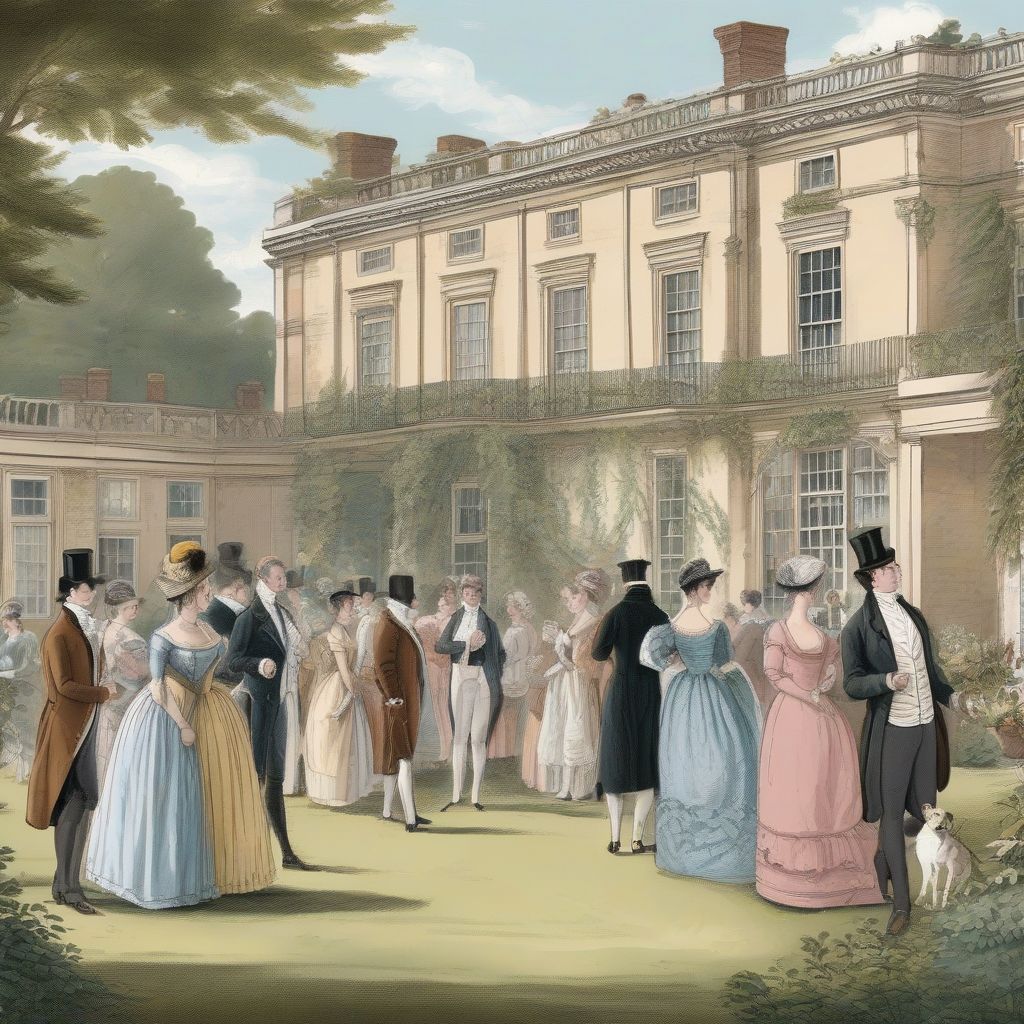Have you ever finished a book that left you breathless, its words echoing in your mind long after you turned the final page? We’ve all been captivated by authors who possess a unique magic, the ability to weave words into worlds and emotions that resonate deeply within us. But their impact often extends far beyond a single book; it’s about the legacy they leave behind, the indelible mark they make on literature and the world. So, how do we truly delve into the heart of their work and understand their lasting influence?
Unpacking the Layers: More Than Just Reading
Studying the literary legacy of influential authors goes beyond simply enjoying their stories. It’s about embarking on a journey of discovery, peeling back the layers of their work, their life, and their time to understand the intricate tapestry of their influence.
1. Immerse Yourself in Their World:
Context is key. To truly grasp an author’s impact, we need to understand the world they lived in. What were the social, political, and cultural forces shaping their time? What were their personal experiences and beliefs?
- Research the author’s biography: Explore their upbringing, education, relationships, and the events that shaped their worldview.
- Delve into the historical context: What major events were happening during their life and reflected in their work? Consider the societal norms, values, and beliefs of that era.
For example, understanding Jane Austen’s sharp social commentary in “Pride and Prejudice” requires understanding the rigid class structure and expectations of women in 19th century England.
 Jane Austen's World
Jane Austen's World
2. Deconstruct the Masterpieces: Close Reading and Analysis
Go beyond the surface. Influential authors are masters of language and storytelling. To uncover their brilliance, we need to engage in close reading and analysis:
- Identify themes and motifs: What are the recurring ideas, symbols, or patterns in their work?
- Analyze literary devices: How do they use metaphor, imagery, symbolism, and other literary techniques to convey meaning and evoke emotions?
- Consider the structure and style: How do they structure their narratives? What makes their writing style unique?
For instance, analyzing Ernest Hemingway’s use of concise language and vivid imagery in “The Old Man and the Sea” reveals his mastery of minimalist yet powerful prose.
3. Trace the Threads of Influence:
Literature doesn’t exist in a vacuum. Influential authors draw inspiration from those who came before them and, in turn, inspire generations that follow.
- Explore their literary influences: Who were their favorite authors, and how did those influences manifest in their own writing?
- Identify their literary descendants: Which later writers were influenced by their work, and how did they adapt or reinterpret those influences?
By tracing these connections, we gain a deeper appreciation for the interconnectedness of literature and how ideas and styles evolve over time.
4. Engage in Dialogue: Criticism and Interpretation
Great literature sparks conversations that transcend time. Engaging with literary criticism and diverse interpretations enriches our understanding.
- Read literary criticism: Explore what scholars and critics have said about the author’s work, their interpretations, and their assessments of their legacy.
- Join book clubs or online forums: Discuss the author’s work with others who share your passion. Sharing different perspectives can lead to new insights.
5. Connect to the Present: Relevance and Timelessness
The mark of truly influential authors is their enduring relevance. Their work continues to resonate with readers across generations, offering insights into the human condition that remain timeless.
- Reflect on the author’s message: What universal themes or truths about life, love, loss, or the human experience do they explore?
- Consider the work’s contemporary relevance: How does the author’s work speak to current social or political issues? What new perspectives can we gain from revisiting their words today?
The Enduring Power of Words
Exploring the literary legacy of influential authors is a rewarding journey of discovery. It’s about more than just reading their words; it’s about understanding the context of their creation, the nuances of their craft, and their enduring impact on the world of literature and beyond. As you delve deeper, you’ll find yourself not only appreciating their genius but also engaging in a dialogue that has spanned centuries, connecting with the very essence of what makes their work timeless and their legacy profound.
[amazon bestseller=”literary criticism”]
